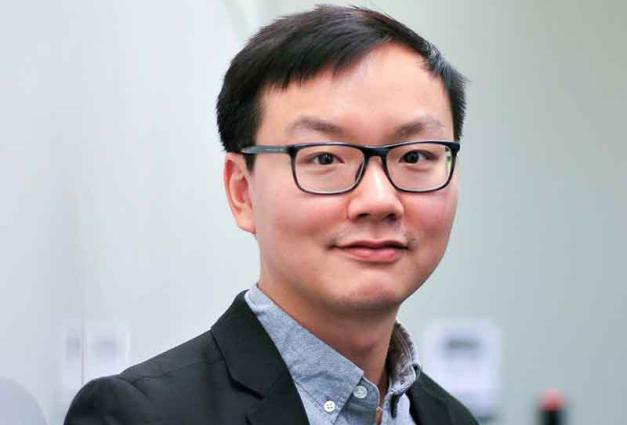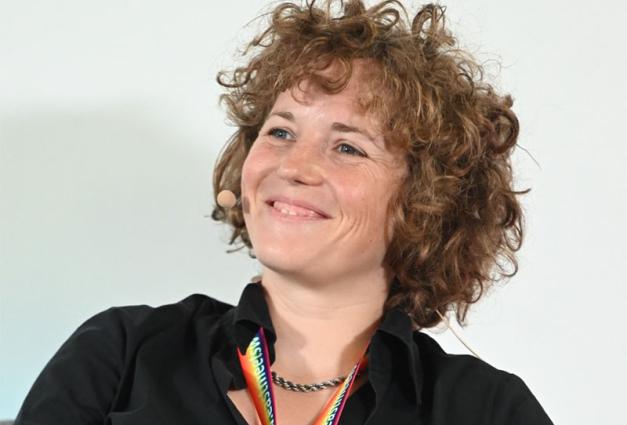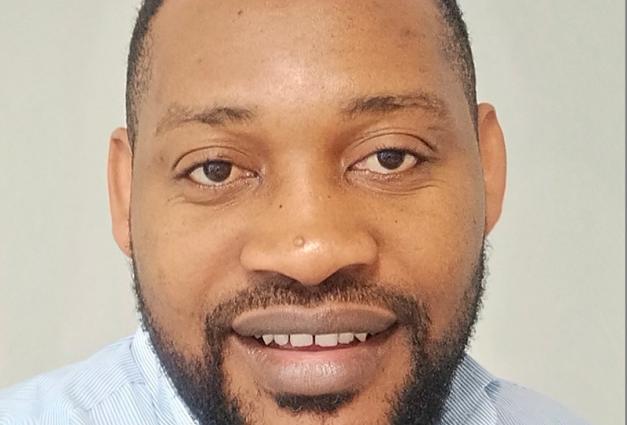Dr. Katie Wang is an assistant professor in the Department of Social and Behavioral Sciences at the Yale School of Public Health. She received her Ph.D. in Social Psychology at Yale University and completed a postdoctoral fellowship at the Center for Interdisciplinary Research on AIDS affiliated with the Yale School of Public Health. Dr. Wang's research focuses on health and interpersonal consequences of stigma for members of diverse marginalized populations. She is also interested in developing interventions that mitigate the adverse impact of stigma on health by fostering adaptive coping and resilience among members of socially-disadvantaged groups.
What led you to choose a career in social and personality psychology?
I became interested in this field when I took my first course in social psychology as an undergraduate. I was fascinated by the creative methodological approaches social psychologists utilize to examine important aspects of human behavior, ranging from close relationships to intergroup conflict. I was especially impressed with the field's commitment to understanding and addressing social inequalities. As an Asian American woman with a disability, I have long been committed to improving the lives of marginalized populations and found social psychology to be an ideal avenue through which I could pursue this goal.
Briefly summarize your current research, and any future research interests that you plan to pursue.
My research broadly focuses on the health and interpersonal consequences of stigma for members of diverse marginalized populations, including women, people with disabilities, sexual minorities, and individuals diagnosed with psychiatric disorders. In my primary line of research, I am interested in understanding how stigma contributes to poor mental and behavioral health outcomes as well as identifying coping resources that mitigate the impact of stigma on health. In another line of work, I examine how stigmatized individuals perceive and respond to discrimination while also considering the interpersonal and intergroup implications of these responses. Moving forward, I would like to translate my basic research into practice by pursuing the development and implementation of interventions that improve the health and well-being of stigmatized individuals.
What led to your transition to the field of public health?
While I very much enjoyed my training in experimental social psychology as a graduate student, I also realized over the course of my doctoral training that my passion lies in understanding and addressing the long-term consequences of stigma in relation to population health and well-being. My current position at the Yale School of Public Health provides me with an ideal opportunity to pursue an interdisciplinary research agenda, in which I draw upon social, clinical, and health psychology to understand the role of stigma as a psychosocial determinant of health disparities.
What advice do you have for students or recent grads who are interested in a career path in the intersection between social and health psychology?
Pursuing an interdisciplinary research agenda is challenging in many ways, but it can also be extremely rewarding. Be proactive about seeking out mentors and collaborators, even though they might not be in your primary research lab or department. Don't overlook schools/departments outside of psychology (e.g., schools of medicine and public health, departments in allied health sciences) as potential employers — many offer excellent postdoctoral training opportunities and might be open to hiring social-health psychologists. Your journey might be longer and more challenging than that of your peers, but with perseverance and dedication, you will eventually carve out your own research niche.
When and why did you join SPSP? How has being a member helped you professionally?
I joined SPSP in 2009 when I was a first-year graduate student. Over the past decade, I have benefited tremendously from all the professional development opportunities SPSP has to offer, including the Summer Institute in Social and Personality Psychology (SISPP) as well as the mentorship events that take place during annual conventions. I have met many members of my professional network through SPSP, and coming together during convention every year has helped us stay in contact over time. I am honored to call SPSP my professional home and look forward to continued growth and learning through this organization.
Outside of public health and behavioral science, how do you like to spend your free time?
I love books, music, and the company of family and good friends. I also enjoy discovering new restaurants and trying different varieties of tea.




